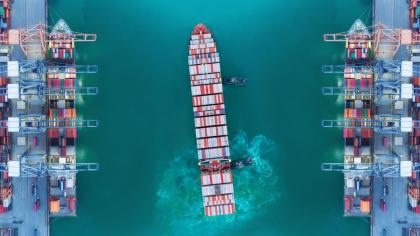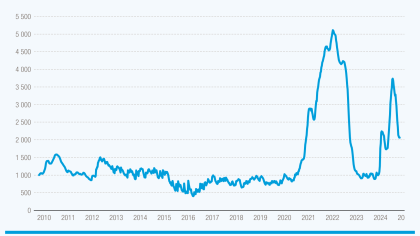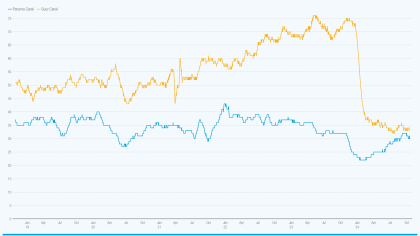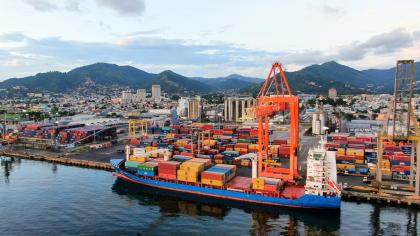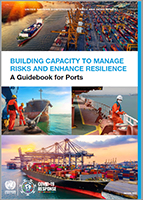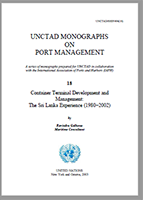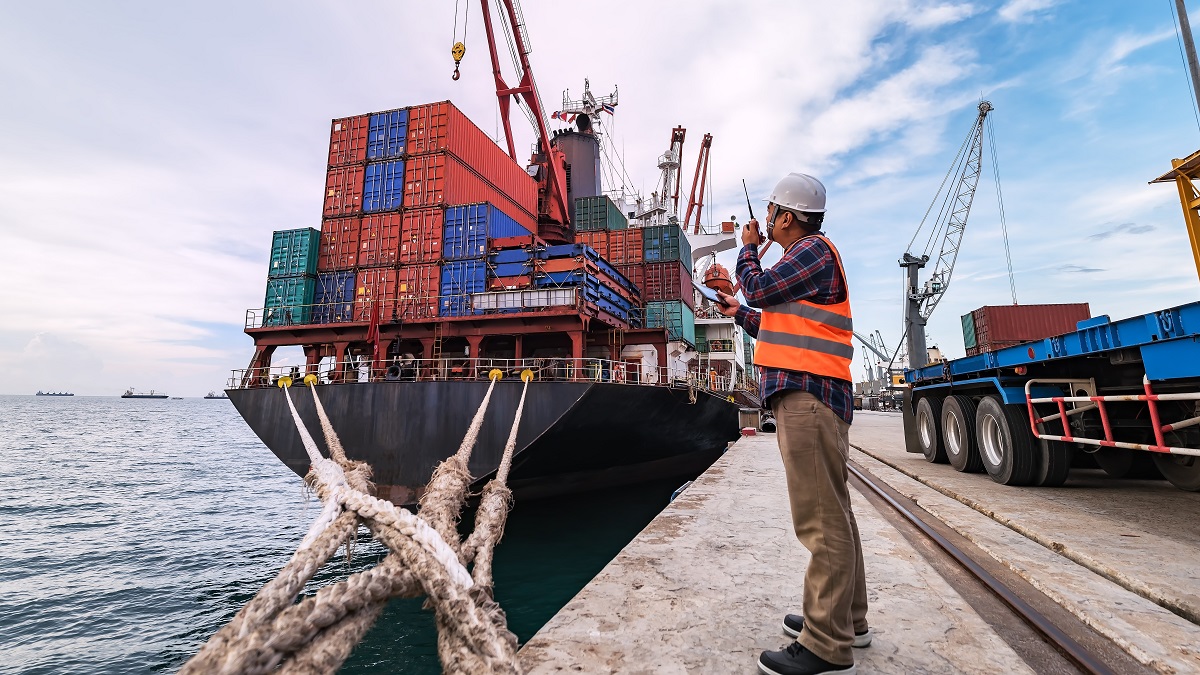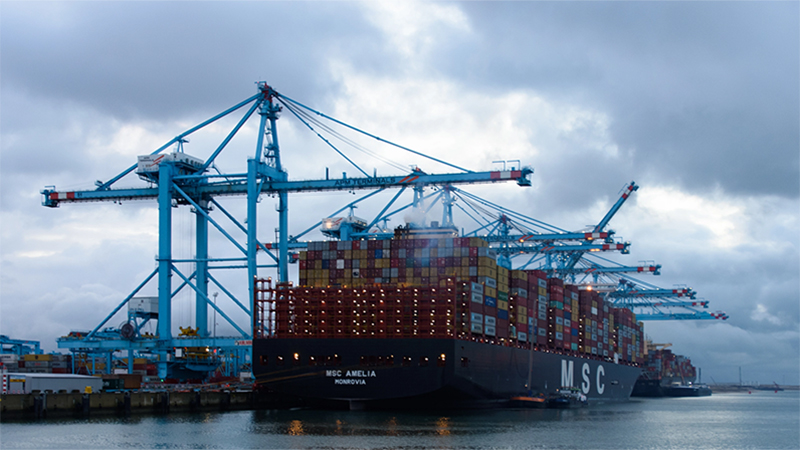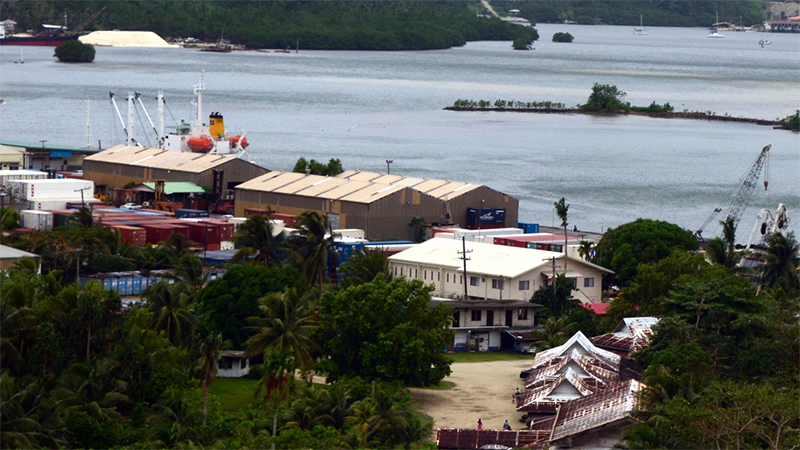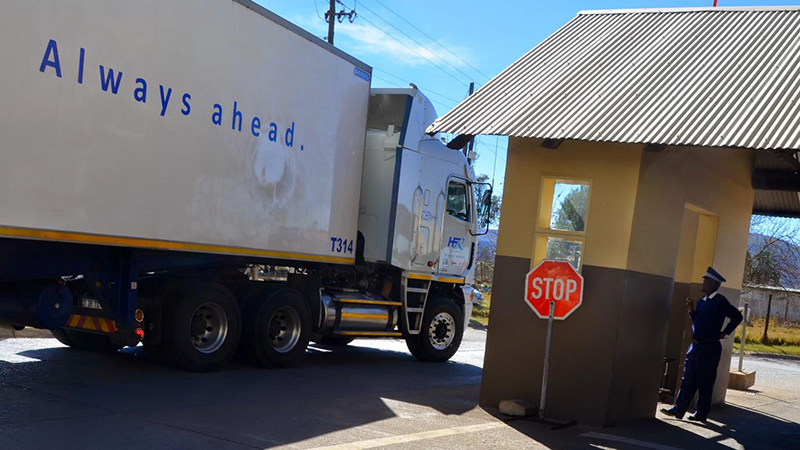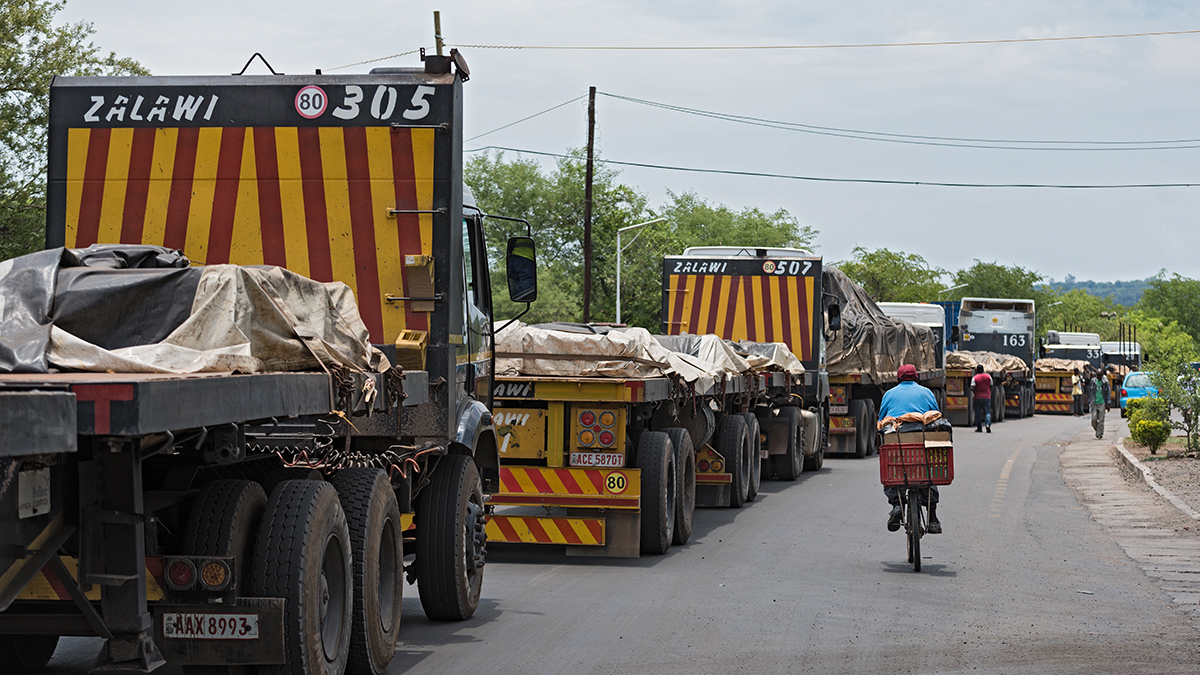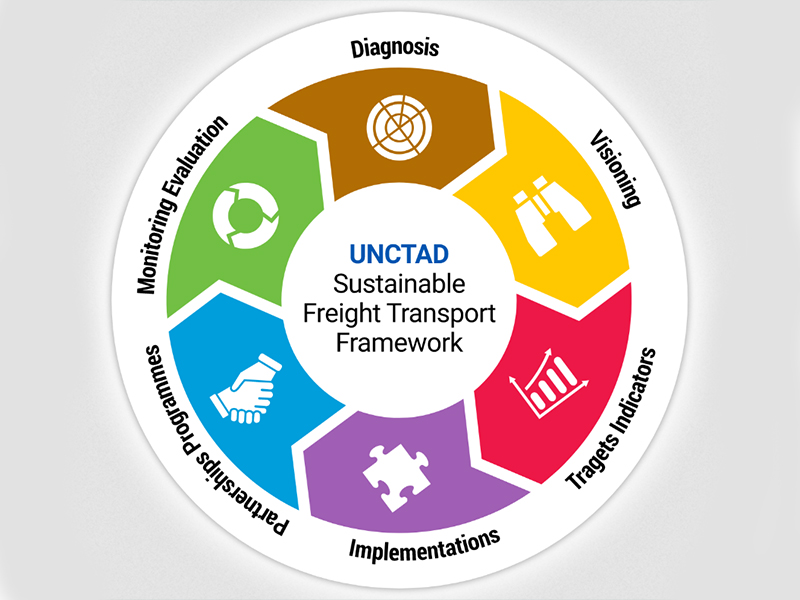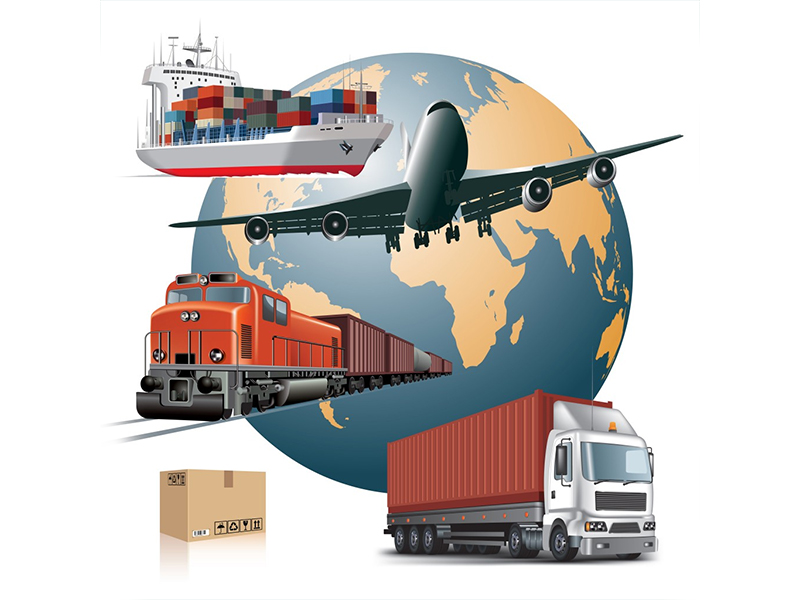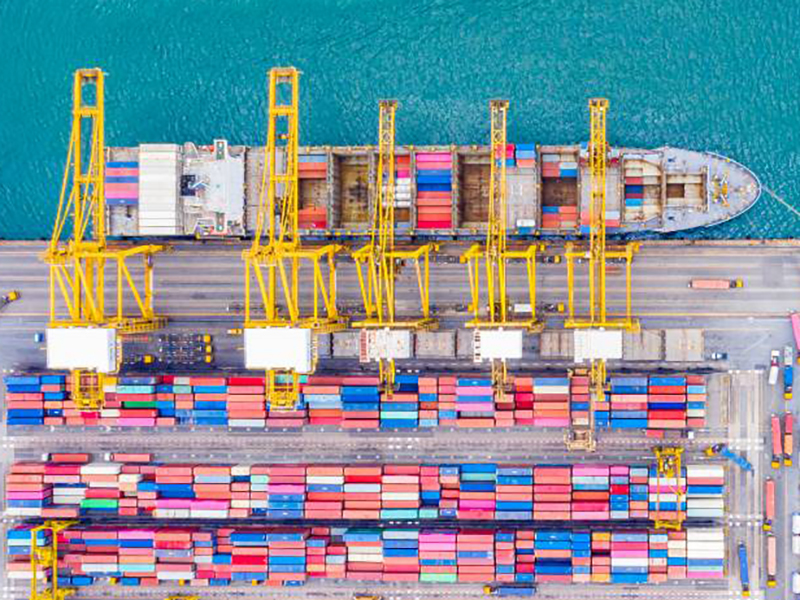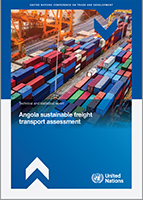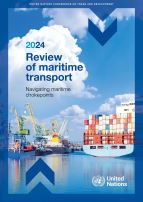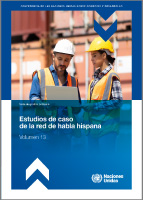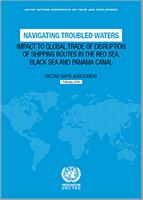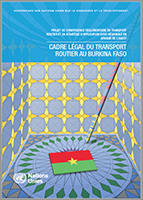The Transport Infrastructure and Services work programme supports developing countries in their effective integration into global and regional trade and value chains through efficient, reliable, cost-effective, environmentally friendly, climate-friendly, low-carbon, and socially inclusive freight transport systems.
Priority action areas
Sustainable freight transport
Corridor performance
Maritime transport
A Guidebook for Ports
The Guidebook for Ports aims at building capacity to manage risks and enhance resilience. It features risk identification, assessment, and management tools and approaches, case studies, good practices and a step-by-step resilience-building process for ports and other relevant maritime supply chain actors.
The guidance focuses on three types of resilience-building actions and measures, namely:
- Before a disruption materializes.
- During a disruption.
- After a disruption.
Port management monographs
A series of technical studies in the form of monographs prepared in collaboration with the International Association of Ports and Harbors (IAPH), presenting practical experiences gained by a specific port or professionals for the benefit of the international port community.
The Monographs are designed to help to develop the management skills needed for efficient port operation in developing countries. They supplements other research, training and technical cooperation activities carried out by UNCTAD that seek to encourage the development of competitive international maritime transport services, reinforce trade structures and promote international cooperation and exchanges of expertise.
Projects
Sustainable and resilient freight transport and finance toolkit
Sustainable Freight Transport (SFT) tools and related materials aim to help countries improve their performance in economic, environmental, and social sustainability of the freight transport systems in national and international levels, including:
- An SFT framework providing step-by-step guidance to plan, design, develop, and implement tailored SFT strategies
- Two SFT tools to facilitate the implementation of SFT framework, including key performance indicators and SFT measures catalogue
- Reports of SFT assessments carried out by UNCTAD for some countries to identify priorities and actions (building on the UNCTAD SFT assessment methodology)
- SFT Index SFT Index to measure and visualize countries' performance in an internationally comparable manner
- Land Freight Emission Model to calculate air pollutant emissions and carbon emissions from land freight transport
Sustainable Freight Transport and Finance Training Toolkit includes:
- Module on Improving the Environmental Performance of Freight Transport
- Module on Public Private Partnerships (PPPs) for Sustainable Freight Transport Infrastructure and Logistics, empowering stakeholders to design, implement, and manage PPPs projects to effectively finance transport and logistics project.
- Case Studies of Previous Pacific Trials and Research into Sustainable Sea Transport (The module, the presentation and the fact sheet are available)
Resilient Maritime Logistics website provides guidance, tools and capacity building for stakeholders across the maritime supply chain to better manage risks, prepare in the face of disruptions, ensure effective response measures and enable rapid recovery.

